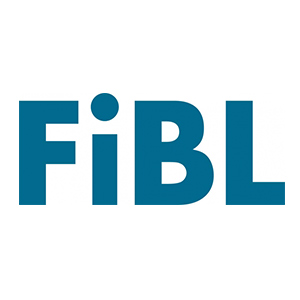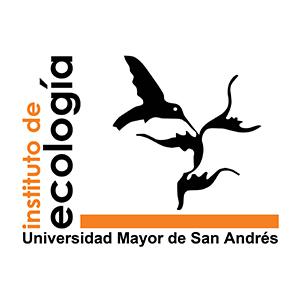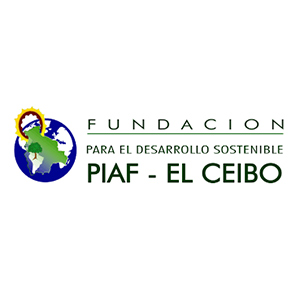ECOTOP is responsible for the overall management of the project as well as for the agronomic management of the agroforestry treatments.
This research project is part of an international research project with trials in India and Kenya. The Bolivian trial seeks to evaluate the long term impact and benefits of different agriculture management systems on cocoa (Theobroma cacao) production and soil characteristics. A twenty-year system comparison trial is being investigated in the humid tropical region of Yungas, Department of La Paz, Bolivia at an altitude of 350 m above mean sea level. The area has an average annual precipitation of about 1,540 mm, and average monthly temperature between 22 to 27 °C. The following systems: monoculture, full sun (in the productive phase) with conventional management (Mono Conv.), monoculture, full sun (in the productive phase) with organic management (Mono Org.), diversified, shaded agroforestry system with conventional management (AF Conv.), diversified, shaded agroforestry system with organic management (AF Org.), diversified, shaded successional agroforestry system with organic management (SAFS) and fallow land (BAR) were arranged in a Randomized Complete Block Design (RCBD) with four replicates. Compost, leguminous crops, bio control and manual weeding are applied to the monoculture organic system. No compost, bio control, manual weeding is applied to the successional agroforestry system. Synthetic fertilizers, pesticides, herbicides are applied to the monoculture and agroforestry systems with conventional management.

Switzerland has the lead of the international SysCom Project. ECOTOP is responsible for the administration and the agronomic management of the Bolivian trial.

We are a scientific research and training institution of the Saint Andrew Major University that generates, revalues and transfers knowledge and technology in ecology, conservation and sustainable management of biodiversity and natural resources with an inter and trans-disciplinary approach and with the capacity to influence national and regional policies contributing to integral human development.

The PIAF EL CEIBO Foundation is the result of a long process developed by the technical area of the Central de Cooperativas El Ceibo Ltda. Initially in the 80’s it was named COPEAGRO, with the purpose of providing technical assistance to cocoa producers, and later in 1993 it included a research program in Agroforestry Systems, being named from then on as Program of Agro-ecological and Forestal Implementations “PIAF”. In 2008, through a decentralization process, the PIAF-El Ceibo Foundation was created with a degree of administrative autonomy. From this moment on, PIAF has contributed to the sustainable productive development of the Alto Beni region, through the exchange of experiences and knowledge of technicians, producers and other institutions in different areas, mainly cocoa and agroforestry systems.
“What is the contribution of organic agriculture to sustainable development?
Long-term farming system comparisons in the tropics”